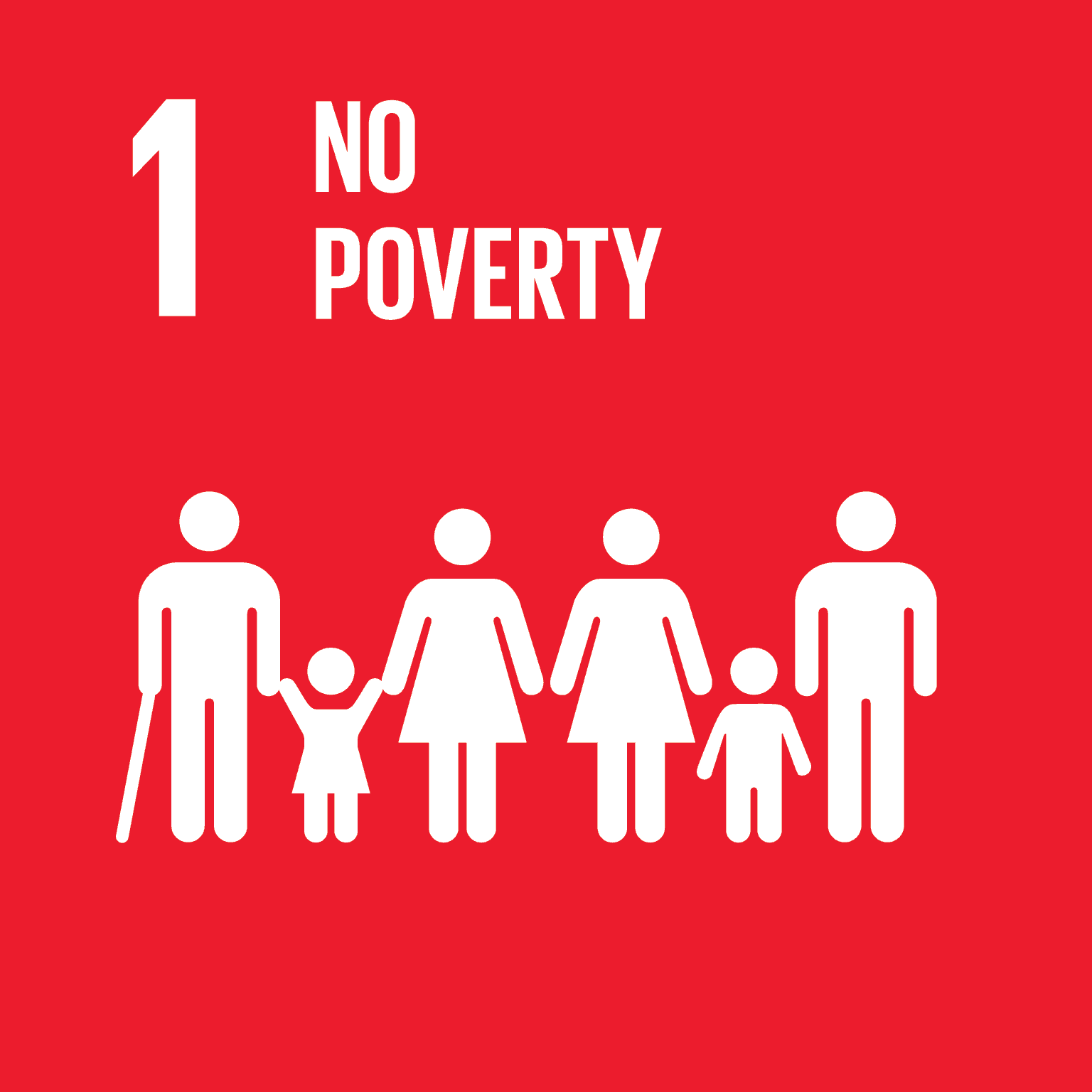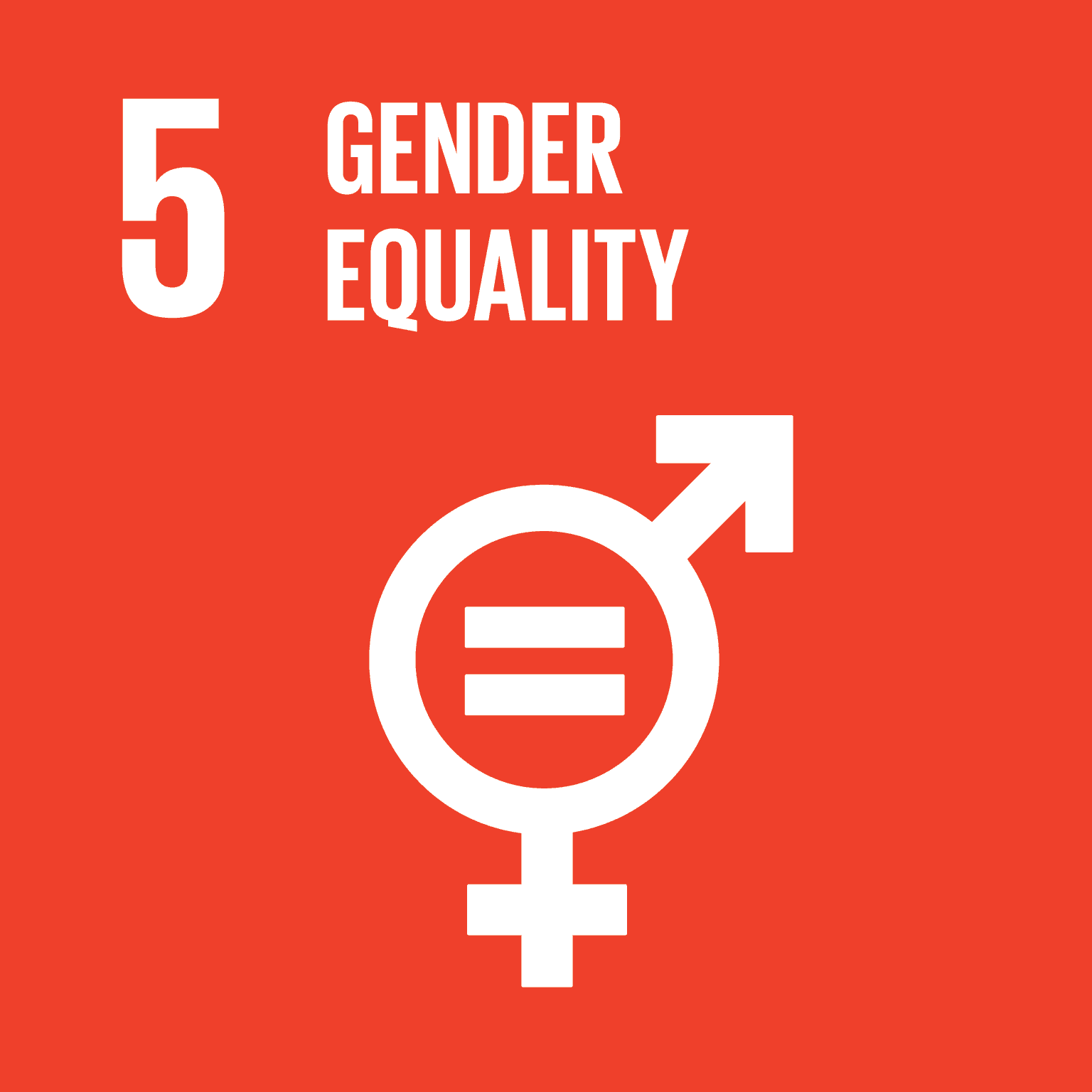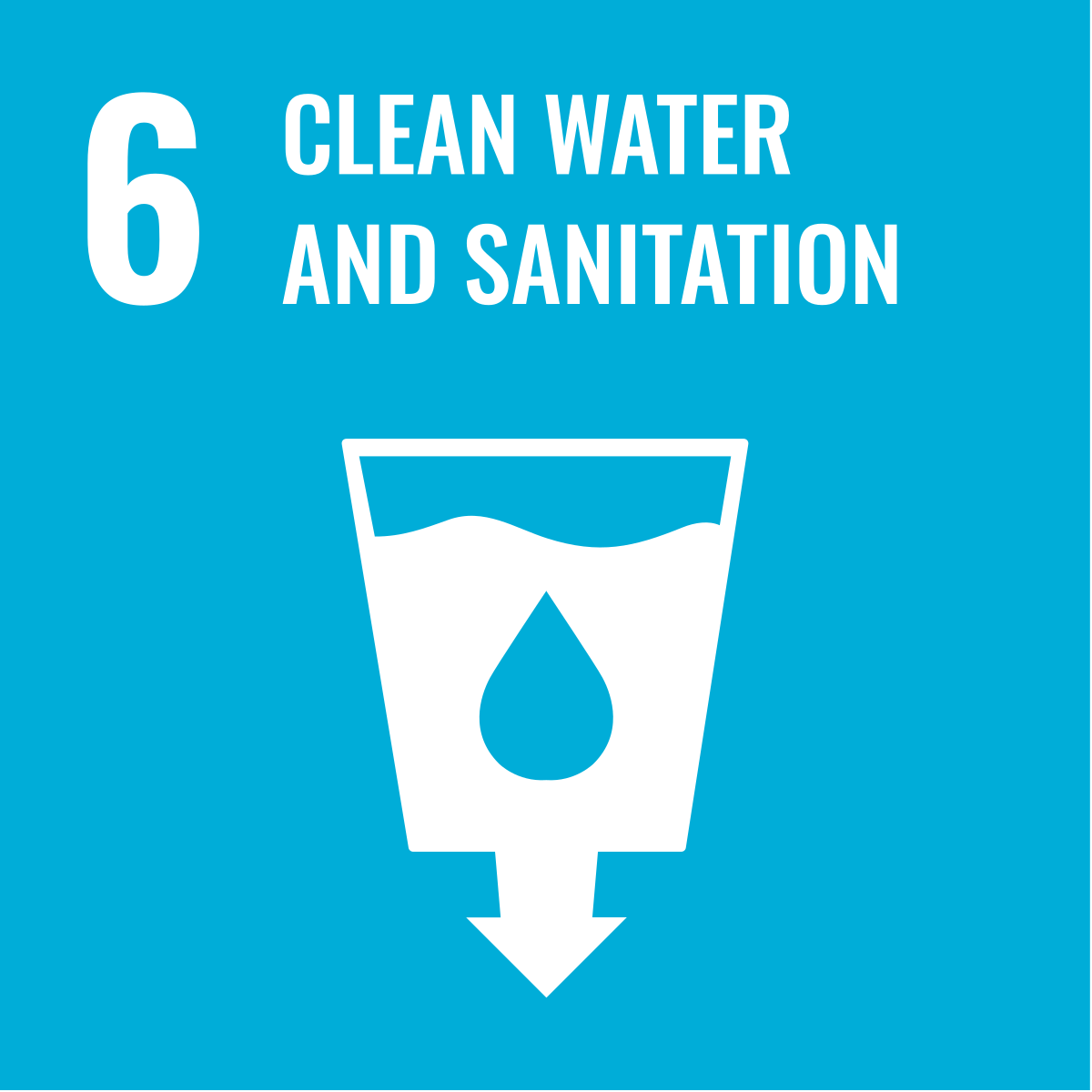








In Malawi, over 30% of the population lacks access to clean drinking water. The situation at schools is alarming: one in four has no safe water supply. As a result, students face daily risks of diseases such as cholera and diarrhea. Young children are especially vulnerable: thousands die each year from waterborne illnesses. This leads to absenteeism and an unsafe learning environment. Boiling water is costly and harmful to the environment due to the use of firewood and charcoal. This project offers a sustainable solution: chlorine-based treatment systems make safe drinking water accessible. This improves health, reduces emissions, and strengthens educational opportunities for thousands of children.
At schools in Malawi, a chlorine-based water treatment system is installed and fully maintained throughout its entire lifespan. This system removes 99.99% of bacteria and viruses, providing students, who are especially vulnerable to poor water quality, with safe drinking water. The project helps prevent diseases such as cholera, dysentery, and diarrhea, contributing to a healthier learning environment. Since schools no longer need to boil water, they save on fuel and significantly reduce CO2 emissions. This helps combat deforestation and strengthens local climate action. The project is part of a dedicated fund that invests in local programmes focused on education, climate resilience, and gender equality such as environmental education for girls in Malawi. As a result, the project delivers not only environmental benefits but also lasting social impact.


At ORCA, we believe in climate solutions that not only reduce emissions but also improve people’s daily lives. The drinking water project in Malawi is a powerful example of this. By investing in high-quality carbon credits, we help make clean and safe drinking water accessible to communities that need it most. The CO2 savings are carefully measured and monitored throughout the entire duration of the project, following the latest Gold Standard methodology for clean drinking water projects. This results in reliable climate impact, certified under the Gold Standard.



